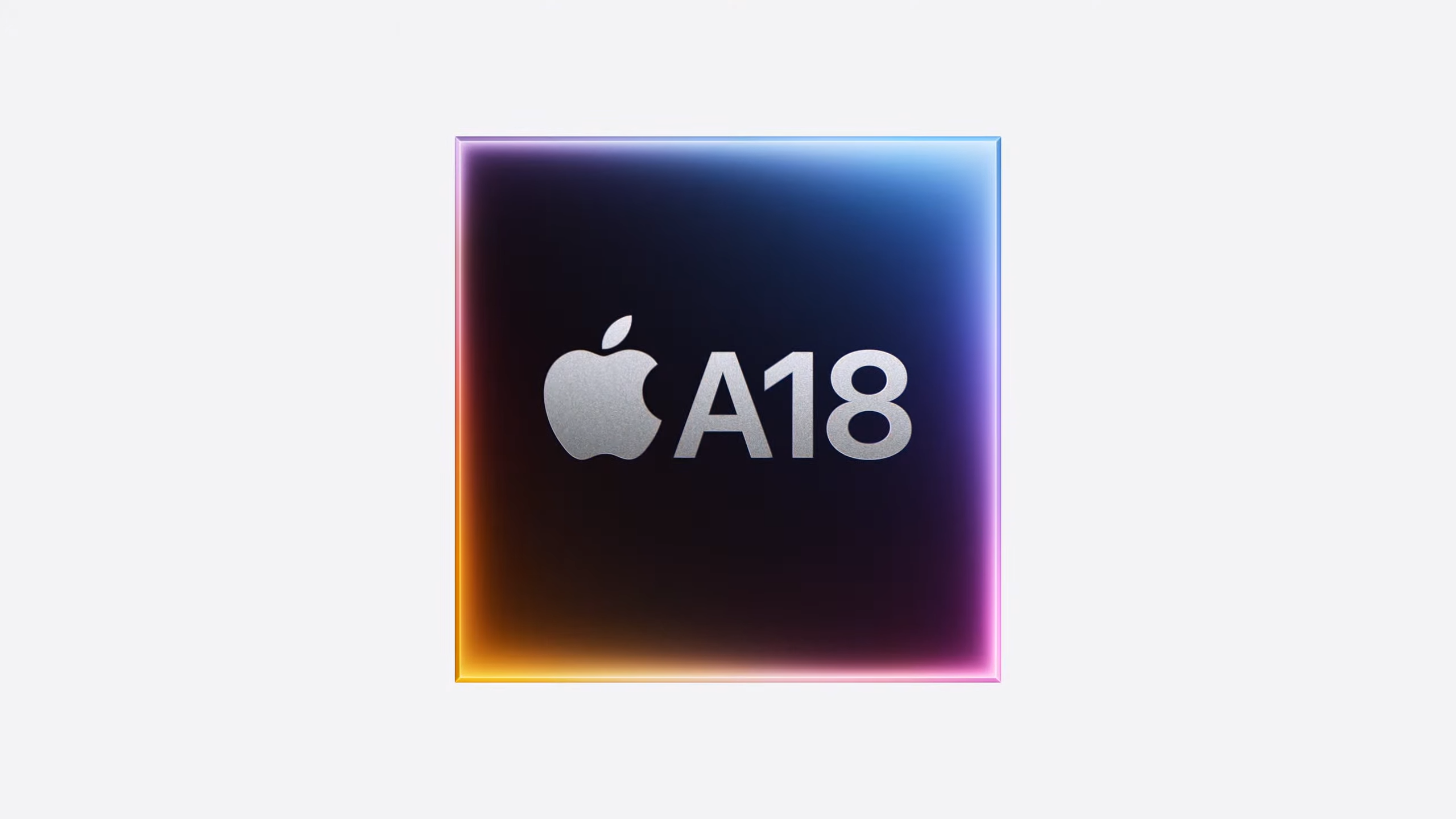
The arrival of the iPhone 16 lineup means new Apple silicone — A18 chipsets for the iPhone 16 and iPhone 16 Plus with the A18 Pro powering the iPhone 16 Pro models. And though the phones won't ship until next Friday (September 20), benchmarks for the new models have already started popping up online.
Specifically, test results for an A18-powered iPhone 16 appeared on the Geekbench site reportedly showing how Apple's newest phone handles the general performance test. The results show improved performance, though not to the extent that Apple was touting during the iPhone 16's reveal at Monday's Glowtime event.
The initial Geekbench results showed a single-core score of 3,114, a 24% improvement of the number we got when testing the A16 Bionic-powered iPhone 15. The iPhone 16's multicore result of 6,666 represented a more modest 8% improvement from the iPhone 15's result.
Comparing the iPhone 16 results to the A17 Pro-powered iPhone 15 Pro, the single-core result only improved by 8%. The posted iPhone 16 multicore result was actually behind the iPhone 15 Pro's 7,194 score.
This is one testing session, so errors or environment could be to explain here. But Apple did claim that the A18 chip would have a 30% faster CPU than the A16 processor.
With this in mind, how does the A18 in the iPhone 16 stack up compared to the standard bearers from rivals Google and Samsung based on this early result?
That gap with the Pixel 9 is hardly surprising. Historically, Google's Pixel phones have not had great raw performance. While the Pixel 9 is a good phone and miles better in performance than the Pixel 8, it still gets smoked by the iPhone 15.
Google does not seem interested in prioritizing performance with its silicon. Instead, the company appears focused on AI features powered by the Tensor core of its system-on-chip. However, with Pixel 9 now costing as much as a standard iPhone 15 or 16, Google has a lot of catching up to do.
Samsung's Galaxy S24 couldn't keep up with the iPhone 15 in the Geekbench single-core test, so it's not surprising that the A18-powered iPhone 16 would post better numbers, too. But when it comes to multicore testing, the Galaxy S24 and its Snapdragon 8 Gen 3 chipset topped Apple's new phone by 4%, assuming those iPhone 16 numbers are accurate. We'll see if our own benchmark results show the same thing when we get a chance to test the iPhone 16 ourselves.
Keep in mind, the iPhone 16 is only competing with the Galaxy S24 for a few more months. At the start of 2025, we should see Samsung release the Galaxy S25. which should feature the next-gen Qualcomm Snapdragon 8 Gen 4. That silicon debuts in October, which will give us a better idea of what an iPhone 15 vs. Galaxy S25 comparison might look like.
As a reminder, this is a single, leaked benchmark for a phone that has yet to appear in public outside of an Apple demo center. We can't speak to the accuracy of the test or that it was run on a model that was intended for release. It's only when the iPhone 16 finally ships that we'll be able to definitively conclude whether it competes against the newest Snapdragon system on chip.
We won't have to wait long. iPhone 16 preorders start Friday, a week before Apple's new phones go on sale.







